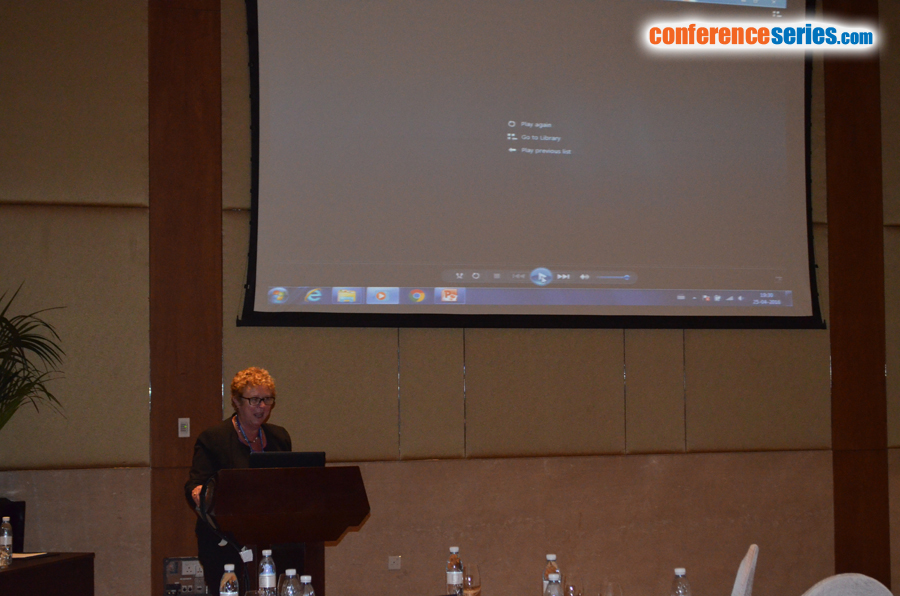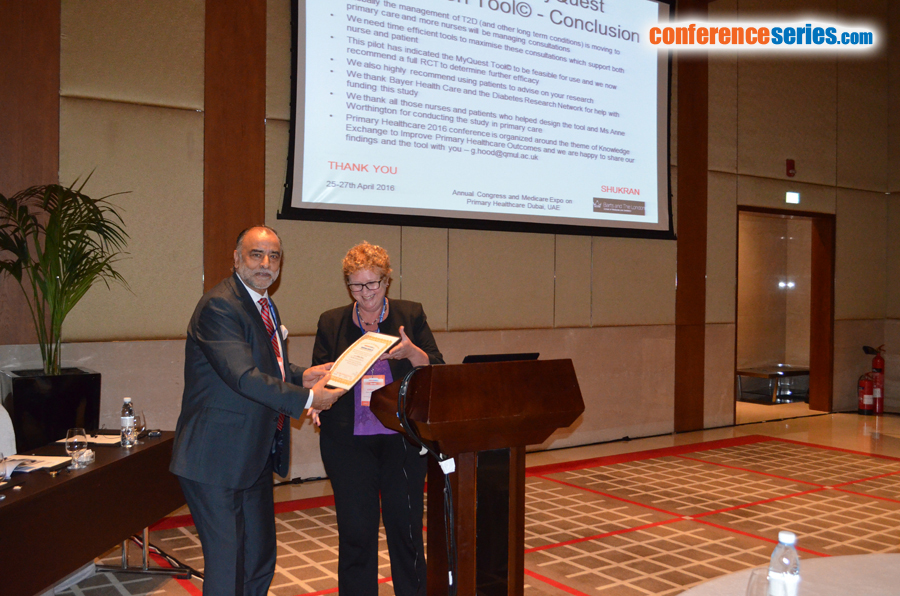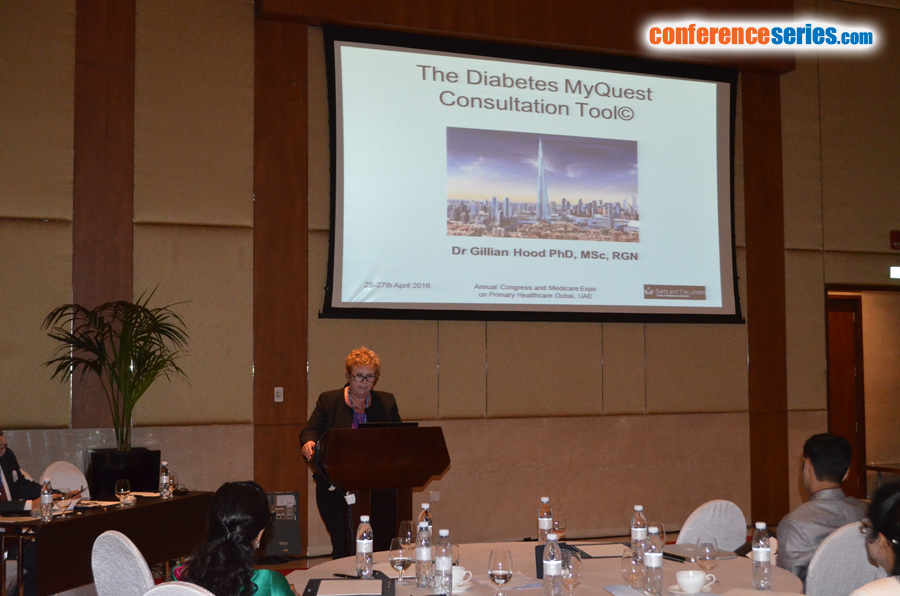
Gillian Hood
Queen Mary, University of London, UK
Title: The diabetes Myquest consultation tool© study
Biography
Biography: Gillian Hood
Abstract
Background: The consultation between nurses and patients is an important aspect of managing diabetes, which can improve clinical outcomes. It can also be a frustrating experience due to limited time, training, and unidentified patient emotional problems. The diabetes MyQuest Consultation Tool© is a collaboration between nurses and patients to provide a meaningful guide to consultations through a patient questionnaire. The questionnaire combines clinical information, self-care statements and approved psychological scales, so that patients’ needs can be more readily recognised and addressed. Aims: The aim of this pilot study was to provide a supportive, structured, and time-efficient tool for patients and nurses to use, to optimise diabetes self-care, and to identify any mental health problems. Methods: This pilot study was a mix of methods in randomised control trial involving patients with type 2 diabetes and with no current mental health problems. Patients were randomised to routine consultations (control) or to use the MyQuest Consultation Tool© in their diabetes appointment (intervention). Patients were given pre and post measures of diabetes knowledge (DK), consultation satisfaction (PNIF), empowerment (DES) and interviewed. Results: 120 patients (40-90 years; m=67 years) were consented into the study. Of these, 106 patients (66 male; 40 female; average diabetes duration 9 years) completed all study visits. There were significant changes for the whole sample between pre and post study measures of DK (0.0001*), PNIF (0.0004*) and DES (0.0010*). 38% of participants scored below the clinical cut-off point on the WHO-5 Wellbeing Index indicating a need for clinical intervention. Qualitative results demonstrated a strong preference for using this tool, highlighting its empowering structure and guidance. Conclusion: This pilot study demonstrates: High acceptability of the diabetes MyQuest Consultation Tool©; positive changes in diabetes knowledge, satisfaction and empowerment; identification of unknown mental health problems; but only slight changes in HbA1c, BMI and Cholesterol. A longer term study is now needed to test whether MyQuest could also improve clinical measures in addition to providing welcomed structure for the consultation. With T2D remaining at epidemic proportions, MyQuest may be an efficient, realistic and cost effective strategy for managing diabetes in primary care.
Speaker Presentations
Speaker PDFs
Speaker PPTs Click Here



